Exploring Cats' Fascination with Smelling Everything
The sense of smell plays a crucial role in a cat's life, often even more so than sight or hearing. With a nose that is 30 times more sensitive than a human's, cats rely heavily on their olfactory abilities. From the moment kittens are born, they use smell to locate their mother and source of nourishment, even before their other senses develop.
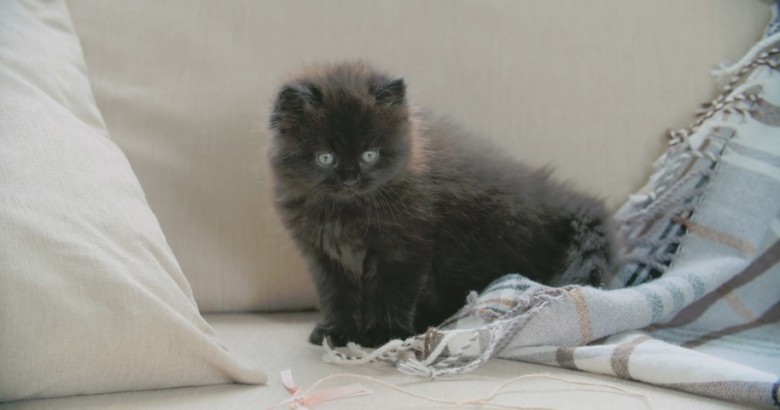
As they grow, cats continue to explore and sniff out new scents, from toys and food to the belongings of their owners. During puberty, they also use their sense of smell to detect potential mates. Notably, each scent a cat encounters is firmly imprinted in their memory for a lifetime.
Their keen sense of smell is essential for hunting, aiding in all stages from tracking prey to assessing its condition. Cats can detect scents over long distances, allowing them to prepare for an attack even before the prey is aware of the danger.
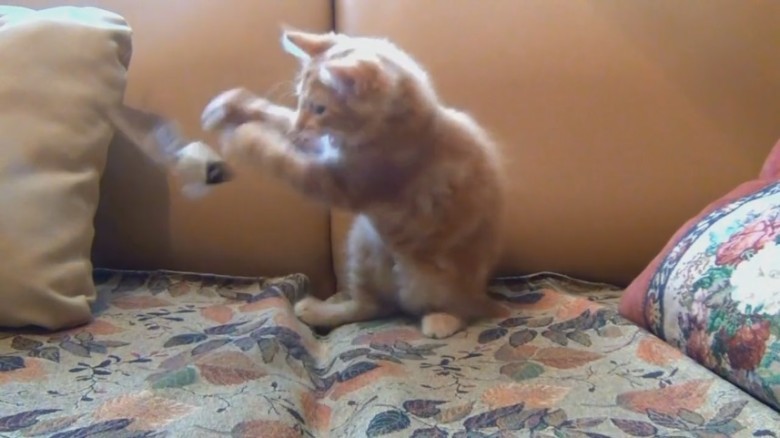
At night, a cat's nose acts as a guide, particularly in the dark when their vision is limited. Cats also rely on the Jacobson's organ, or vomeronasal organ, often referred to as the "second nose," to more accurately discern scents and pheromones that are imperceptible to human noses.
Each cat possesses a unique scent profile, a blend of aromas from various odor-producing glands on their body. These scents convey vital information about a cat's gender, health status, and mating readiness to other animals. They may also serve as territorial markers or simple messages to other cats.
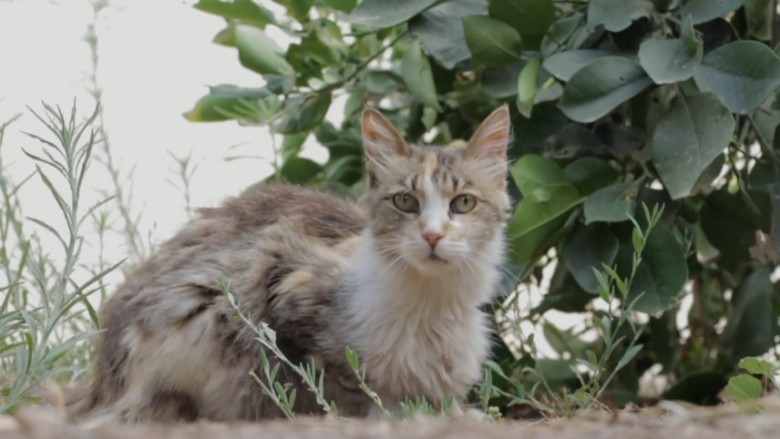
Cats exhibit a strong territorial instinct, relying on their sense of smell to establish and protect their space. By marking their territory with urine or scents from their glands, cats signal their presence to potential intruders. Through scent, cats can assess the number of individuals in an area and determine if the environment is safe.
With approximately 200 million olfactory cells in their noses, cats not only use their sense of smell to locate food but also to evaluate its quality and freshness. For cats, the aroma of food is as important as its taste, with the most enjoyable meals offering a harmonious blend of flavors and textures.
In conclusion, a cat's fascination with smelling everything is rooted in its innate behaviors tied to survival, communication, and pleasure. Their extraordinary sense of smell serves as a vital tool in navigating their world, from hunting for prey to establishing social connections and creating a sense of security within their environment.
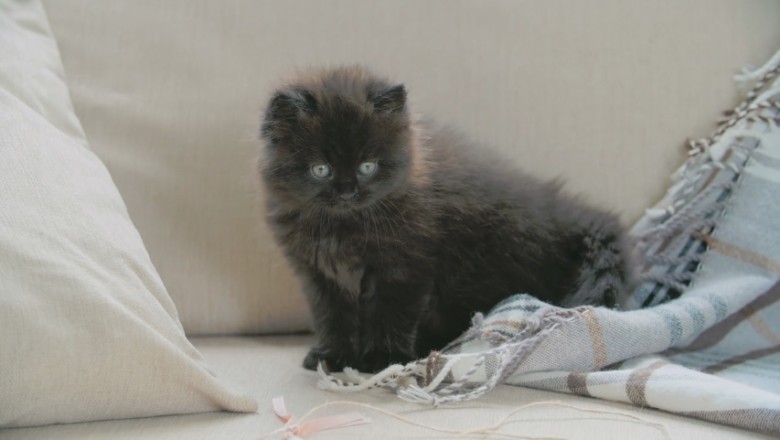














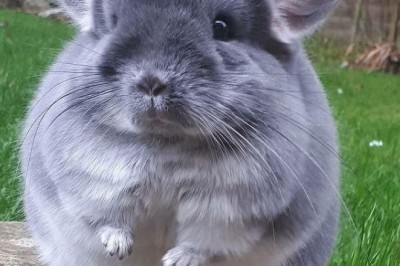








Comments
0 comment